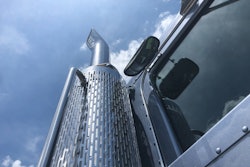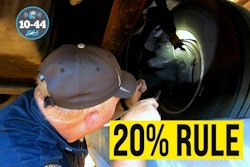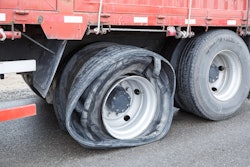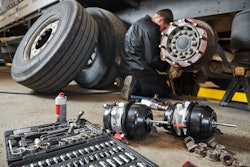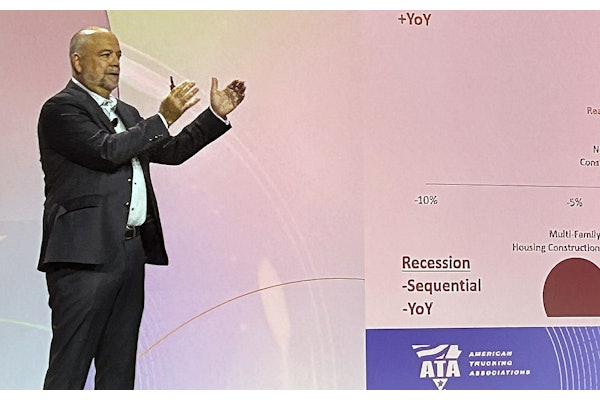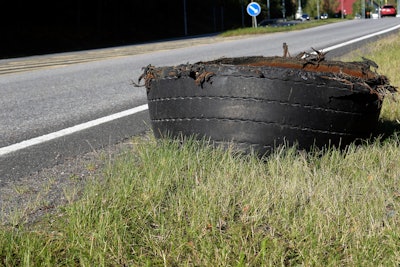
A commercial truck tire needs primarily two ingredients to do its job: rubber and air. And you don't often hear fleets complain about the amount of rubber in their tires.
Too much (or too little) air pressure has negative consequences on both on-road safety and tire wear. Underinflated tires, however, can potentially lead to issues like tire failure, increased treadwear, and reduced fuel economy, while overinflated tires can lead to a harsh ride and uneven wear.
Various studies have found that around 10% of fleets are running underinflated tires, with about 5% of tires more than 20 psi under. Continental Tire's 10-year database – with 2 million data points – shows that about 39% of steers, 34% of drives and 33% of trailer tires are considered underinflated.
Studies conducted by the North American Council for Freight Efficiency (NACFE) and the American Trucking Associations' Technology and Maintenance Council (TMC) have shown a truck operating with tires underinflated by 10 psi will increase fuel consumption 0.5% to 1%.
“Optimizing tire pressure can easily yield one to two gallons per 1,000 miles travelled at 45,000 lbs. GVW and three to four gallons per 1,000 miles at 80,000 lbs. since rolling resistance is weight dependent," said Daryl Bear, COO, MVT Solutions. "The fuel savings can be difficult to measure in operations due to ever-changing variables and even more so when fleets try to measure as a percent – which is why we measure in gallons."
Tires are one of fleets' biggest annual expenses, only behind fuel, equipment, maintenance and insurance, and technology in the maintenance industry has emerged to help fleets manage their tire program.
Tire maintenance isn't a seasonal issue but changes in seasons, specifically ambient temperatures, do influence tire air pressure, "increasing in warm weather or decreasing in cold," noted Chris Queen, Goodyear's regional technical director for North America Commercial. "Make sure to always check the inflation pressure of tires when they are cold – meaning parked for at least three hours, and bring them up to correct inflation pressure."
Tom Clauer, Yokohama Tire senior manager of commercial product planning, clarified that as a tire rolls it heats up, increasing the air pressure inside the tire chamber. This phenomenon applies to the cold as well, except in the reverse.
Safety implications
Tires are among the most cited truck components during roadside inspections, and during Roadcheck 2024 tires were the No. 2 out of service violation (22.1% of all vehicle out of service violations), behind only service brakes.
Tire air pressure can have a profound effect on a tire’s life, fuel consumption, impact damage, and maintenance costs. As tire pressure increases and decreases, the tire’s footprint changes. This not only affects the load the tire can support and the tire’s traction, it also causes heat buildup and irregular wear.
Excessive heat can cause a tire to fail at highway speed, making it difficult to control or stop the rig. Inadequate tire inflation is a known cause of jackknife accidents.
Automatic inflation systems (ATIS) have become more prevalent recently to help keep air pressure levels consistent, and they have become so common that CVSA this year updated its out of service criteria to differentiate between leaks in the tread area of a tire equipped with ATIS versus a tire without ATIS. Tires found to be 50% or less of the maximum inflation on the sidewall of the tire is an out of service violations, but CVSA will now allow ATIS-equipped vehicles to travel to a safe location (next dispatch) as long as ATIS can keep inflation levels above the 50% mark, and the truck will not be placed out of service.
"Maintaining the correct tire pressure promotes durability, safety, and optimal performance, making it one of the most important aspects of fleet maintenance," Queen said.




